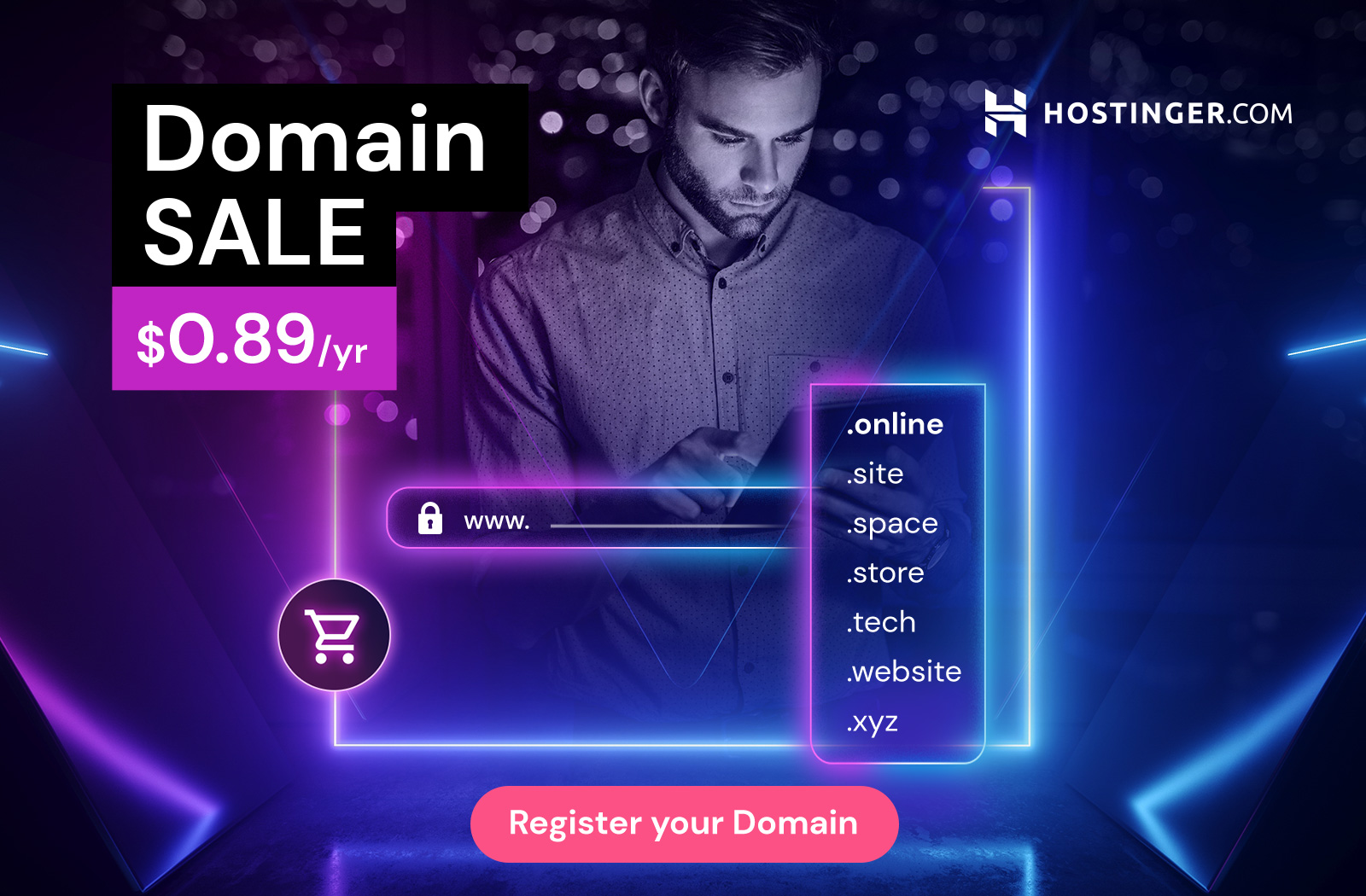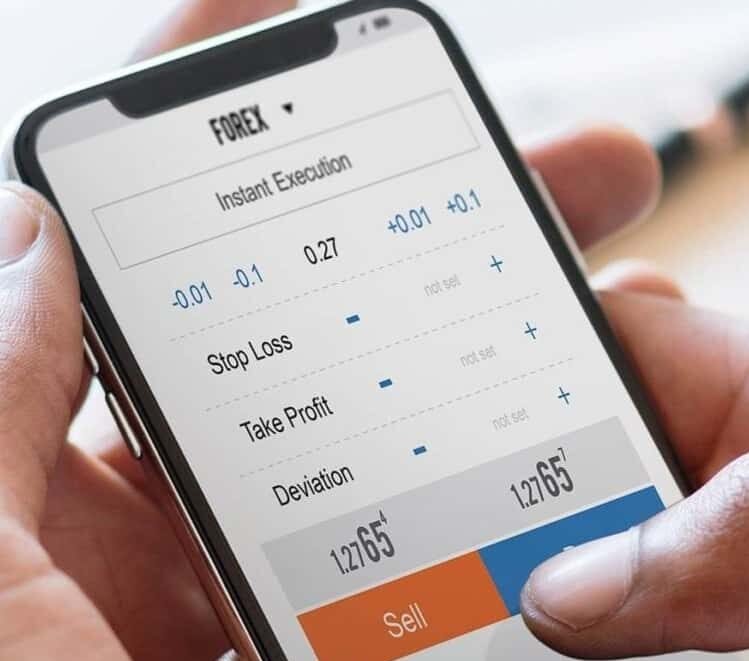This post may contain affiliate links. Without any extra cost to you, we earn from qualifying purchases, if you buy something through one of those links. By clicking on the affiliate links, you automatically agree to our terms and conditions.
As the digital landscape continues to evolve, fast website speed has become one of the most critical factors that impact a website’s success. If your website takes too long to load, your visitors are likely to leave and find a faster alternative, which can harm your business’s online reputation. Check your website speed performance here.
Website speed refers to the time it takes for a website to load and display all its content in a user’s web browser. It includes the time taken for the browser to send a request to the server, receive the response, and render the web page on the user’s screen. A fast website speed means that a website loads quickly and the content is accessible to the user in a short amount of time. In contrast, a slow website speed means that a website takes a long time to load, which can negatively impact user experience, increase bounce rates, and lower search engine rankings. Ensure your website speed is excellent for the following reasons:

1. Improved User Experience
The primary reason why a fast website speed is critical is that it improves user experience. People expect websites to load quickly and don’t have the patience to wait for a slow-loading site. When a user clicks on a link, they expect the page to load within two seconds or less. If the site takes longer than that, the user is likely to leave and look for other options. A fast website speed ensures that your visitors can navigate through your site easily, find what they’re looking for quickly, and have a pleasant experience, which can increase the chances of them returning to your site in the future.
2. Higher Search Engine Rankings
Website speed is also a significant factor in determining search engine rankings. Google considers fast website speed as a crucial ranking factor, and slow-loading websites are penalized in search engine results. If your website takes too long to load, you’re likely to lose search engine traffic, which can significantly impact your online visibility and, ultimately, your revenue. By optimizing your site’s speed, you can improve your search engine rankings and increase the visibility of your website.

3. Increased Conversions
Website speed can also impact your conversion rate. Slow-loading websites have higher bounce rates, meaning visitors leave the site before taking any action. By improving your website speed, you can reduce your bounce rate and increase the chances of visitors taking action, such as making a purchase, filling out a form, or subscribing to your newsletter. This, in turn, can increase your conversion rate and revenue.
4. Mobile Optimization
In today’s digital world, mobile devices account for a significant portion of internet traffic. As such, website speed is crucial for mobile optimization. A fast website speed ensures that your site is optimized for mobile devices, which can improve user experience and increase the chances of visitors staying on your site.
5. Improved Website Security
Fast website speed is also essential for website security. Slow-loading sites are vulnerable to hacking attacks and can compromise your site’s security. By optimizing your site’s speed, you can reduce the chances of your site being hacked, which can protect your business’s online reputation.
Factors that cause slow website speed
A slow website can be caused by various factors, including large and unoptimized images, excessive HTTP requests, outdated software or plugins, poor hosting performance, unoptimized code, and excessive use of scripts and widgets. These factors can result in long load times, delays in accessing content, and poor user experience, leading to high bounce rates and decreased website traffic. To ensure optimal website speed, it’s crucial to identify and address these issues through various optimization techniques, including image compression, code minification, and reducing HTTP requests, among others. Additionally, selecting a fast and reliable hosting plan, regularly updating software and plugins, and minimizing the use of scripts and widgets can significantly improve website speed and performance.

Hosting as a fast website speed factor
Hosting is an essential factor to consider when optimizing website speed because it can significantly impact website performance. The speed and performance of a website depend on the quality of the hosting plan used. This is to say that cheap hosting may include the resources that will enhance fast website speed. Yet some prefer to settle for low cost website without considering other factors. If you are looking for an affordable fast hosting service, you can checkout Hostinger. Here are some reasons why hosting is crucial in website speed optimization
Server Response Time
The server response time is the time taken by a web server to respond to a user’s request. A hosting plan with poor server response time can significantly impact website speed and performance. If the server response time is slow, it can cause delays in loading web pages, leading to poor user experience. Choosing a fast and reliable hosting plan ensures that the server response time is quick, which results in faster website speed and better user experience.
Uptime
Uptime refers to the time a website is accessible to users. If a website frequently experiences downtime, it can cause slow website speed, leading to a negative impact on user experience. A reliable hosting plan with high uptime ensures that your website is always accessible to users, resulting in better website speed and improved user experience.
Bandwidth
Bandwidth is the amount of data that can be transferred between the server and user’s browser. A hosting plan with limited bandwidth can cause slow website speed, especially during high traffic periods. Choosing a hosting plan with sufficient bandwidth ensures that your website can handle high traffic periods, resulting in faster website speed and better user experience.
Server Location
The location of a server can significantly impact website speed. If a server is located far from the target audience, it can cause delays in loading web pages, leading to poor user experience. Choosing a hosting plan with servers located closer to the target audience can result in faster website speed and better user experience.
Hosting Resources
Hosting resources such as RAM, CPU, and storage are critical in website speed optimization. If a hosting plan has limited resources, it can cause slow website speed and performance. Choosing a hosting plan with sufficient resources ensures that your website has enough power to handle high traffic periods, resulting in faster website speed and better user experience.
Conclusion
In conclusion, having a good website for a serious business, will require a good budget. Factors to be considered, among others will included speed, hosting, optimization, etc. While cost is a critical factor in managing any business or website, it should not come at the expense of website speed. In today’s competitive digital landscape, website speed is a crucial factor in delivering a positive user experience, driving engagement, and ultimately achieving business objectives. Slow website speed can result in high bounce rates, decreased user engagement, and lost revenue.
Therefore, website owners must prioritize website speed over cost to ensure their website delivers the best possible user experience. Investing in website optimization, reliable hosting, and other speed-enhancing factors may require some upfront costs, but it is a worthwhile investment in the long run. By prioritizing fast website speed over cost, website owners can enhance user experience, drive better business results, and remain competitive in their respective markets.













